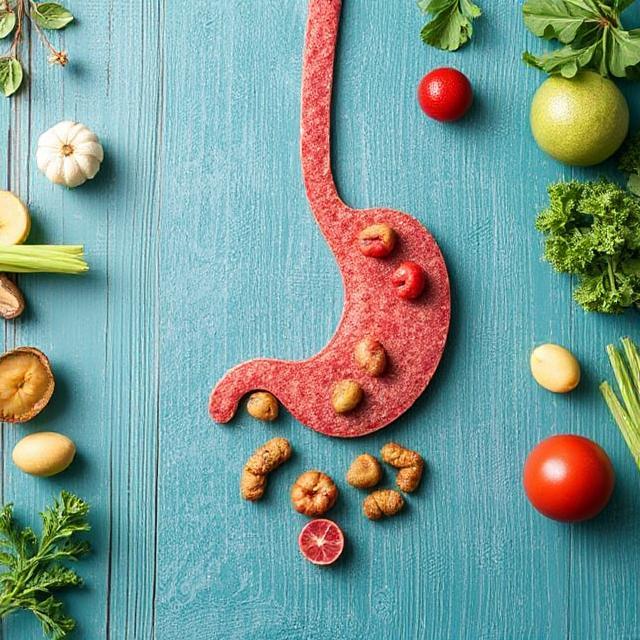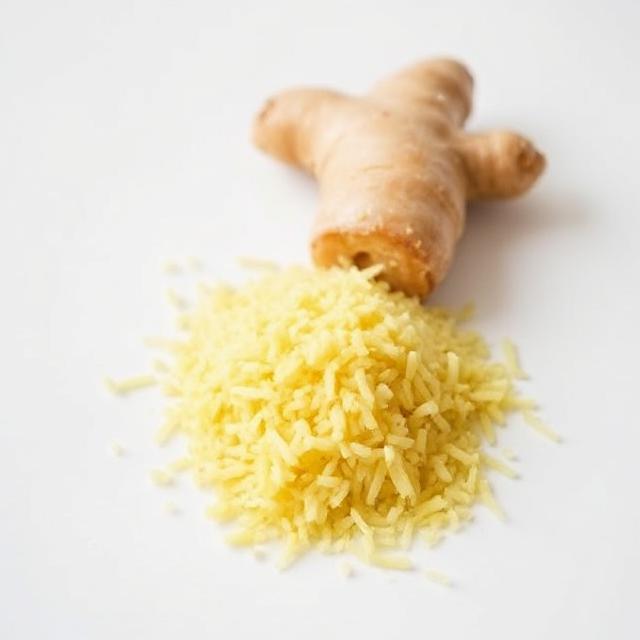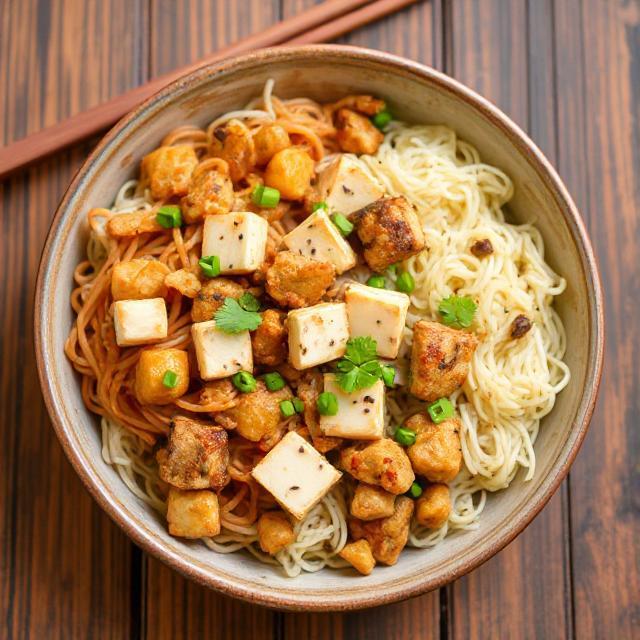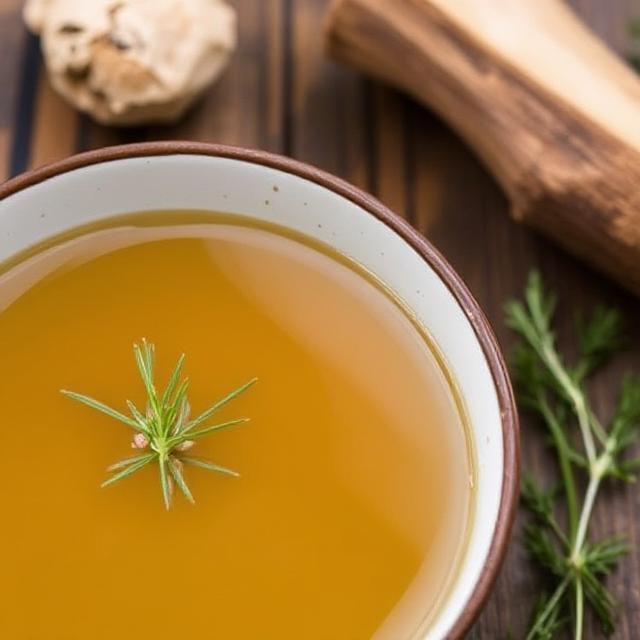Foods That Prevent Stomach Discomfort include easily digestible and gut-friendly options that soothe digestion and reduce irritation. Bananas, ginger, yogurt, and oatmeal help maintain a healthy gut lining and aid digestion. Peppermint and chamomile tea relax the stomach muscles, reducing bloating and cramps. Lean proteins like chicken and fish are gentle on the stomach, while fiber-rich foods such as apples and whole grains promote smooth digestion. Avoiding spicy, greasy, and processed foods further prevents discomfort. Incorporating these foods that prevent stomach discomfort into your diet supports digestive health, reduces acid reflux, and minimizes bloating for overall well-being.

Foods That Prevent Stomach Discomfort
tory properties that help with nausea, bloating, and indigestion.
How to Use:
-
Ginger Tea (steep fresh ginger in hot water).
-
Grated Ginger (add to meals or smoothies).

-
Ginger Chews (for nausea relief).
Avoid: Excessive amounts if you have acid reflux.
4. Lean Proteins (Easier to Digest)
Fatty meats can slow digestion, while lean proteins are gentler on the stomach.
Best Choices:
-
Skinless Chicken or Turkey (baked or grilled).
-
Fish (Salmon, Cod) – Rich in omega-3s, which reduce inflammation.
-
Eggs (boiled or poached) – Easy to digest.

-
Tofu & Tempeh – Plant-based protein options.

Avoid: Fried meats, processed meats (sausages, bacon).
5. Healthy Fats (In Moderation)
Too much fat can cause discomfort, but healthy fats in moderation support digestion.
Best Choices:
-
Avocados – Rich in fiber and monounsaturated fats.
-
Olive Oil – Anti-inflammatory and aids digestion.
-
Nuts & Seeds (soaked or in small amounts) – Almonds, chia seeds, flaxseeds.
Avoid: Greasy fried foods, excessive butter, or heavy cream.
6. Hydrating Foods & Drinks
Dehydration worsens digestion. Consume water-rich foods and soothing liquids.
Best Choices:
-
Coconut Water – Hydrates and provides electrolytes.
-
Cucumber – High water content, reduces bloating.
-
Herbal Teas (Chamomile, Peppermint, Fennel) – Calm the stomach.
-
Bone Broth – Soothes the gut lining.

Avoid: Carbonated drinks, excessive caffeine, alcohol.
7. Bland Foods (For Sensitive Stomachs)
If you have gastritis, acid reflux, or an upset stomach, bland foods help.
Best Choices:
-
White Rice – Easy to digest, binds stool if diarrhea is present.
-
Boiled Potatoes – Gentle on digestion.
-
Toast (Whole Grain or Sourdough) – Absorbs excess acid.
-
Steamed Vegetables (Zucchini, Pumpkin) – Low in irritants.
Avoid: Spicy, acidic, or heavily processed foods.
Foods to Avoid for Stomach Discomfort
Some foods commonly trigger digestive issues:
-
Spicy Foods (Can irritate the stomach lining).
-
Dairy (if lactose intolerant) (Causes bloating, gas).
-
Processed Sugars & Artificial Sweeteners (Feed bad gut bacteria).
-
Carbonated Drinks (Cause bloating).
-
High-Fat & Fried Foods (Slow digestion).
Final Tips for Preventing Stomach Discomfort
-
Eat Slowly – Chewing thoroughly aids digestion.
-
Smaller, Frequent Meals – Prevents overloading the stomach.
-
Stay Hydrated – Drink water between meals (not during).
-
Identify Triggers – Keep a food diary to track problem foods.
-
Manage Stress – Anxiety worsens digestion (try deep breathing, yoga).
Conclusion
A diet rich in soluble fiber, probiotics, lean proteins, and soothing herbs can prevent stomach discomfort. Avoiding trigger foods and eating mindfully will further improve digestion. If symptoms persist, consult a doctor to rule out food intolerances or digestive disorders.
